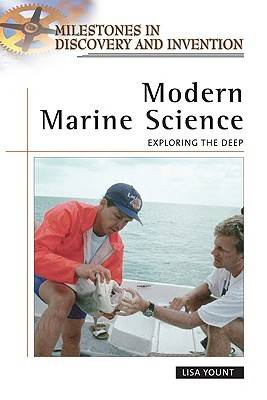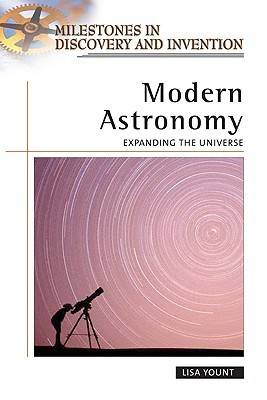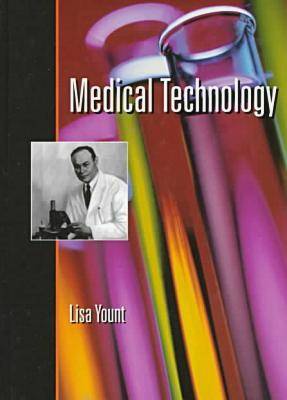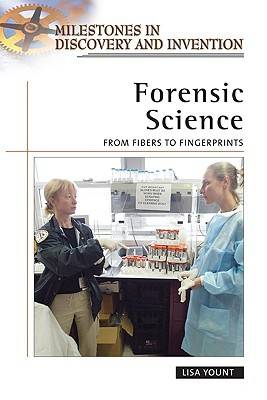Milestones in Discovery and Invention
8 total works
Combining biography, scientific reasoning, and history, each volume in the series investigates a particular field, such as nuclear physics, communications, and medical technology. Enhanced by the use of primary sources, each chapter examines a milestone invention, the specific inventor (or inventors), the process and inspiration, and how the discovery forever changed the world.
Further reading lists at the end of each chapter provide direction to those who wish to learn more.
Chapters cover the work and discoveries of William Morton, Joseph Lister, Wilhelm Rontgen, Karl Landsteiner, Willem Kolff and Robert Jarvik, Christian Barnard and Norman Shumway, Godfrey Hounsfield and Raymond Damadian, and explore medical technology for the twentieth-first century.





